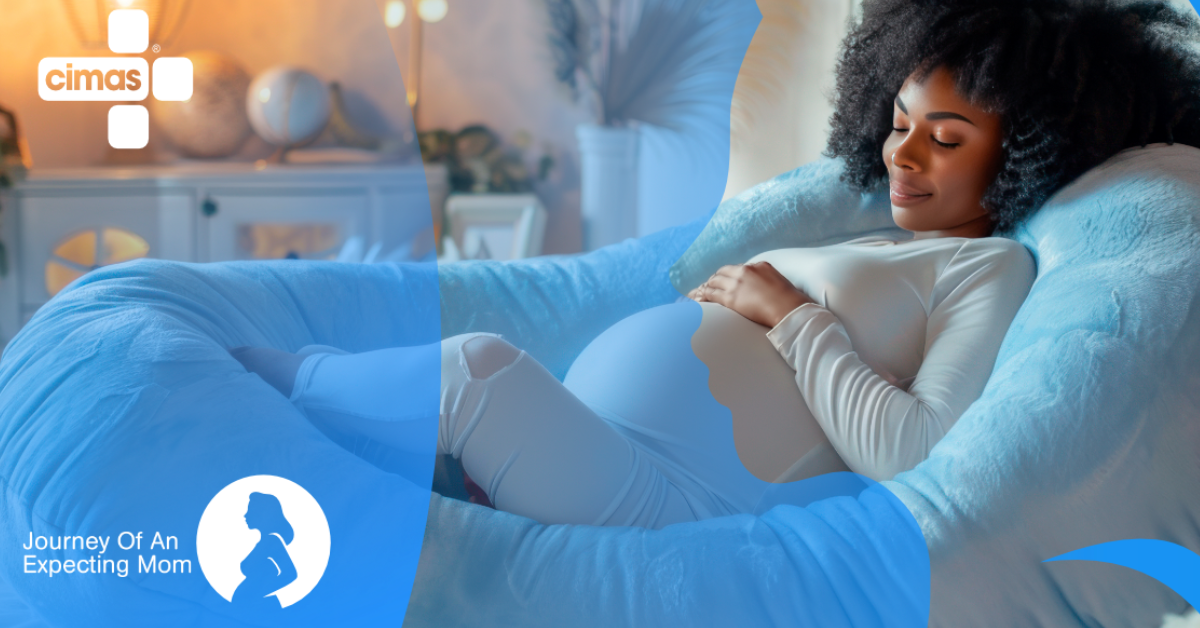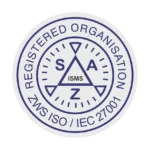Attending antenatal clinics or classes is important for the well-being of pregnant women and their babies as it equips them with knowledge, exposes them to screening and treatment for any health issues, Cimas Health Group’s doctor Martin Chirara has noted.
Dr Chirara was commenting in light of the theme for the recently commemorated World Health Day, “Healthy Beginnings, Hopeful Futures”, that focused on the health of mothers and babies, which is seen as the foundation for healthy families and communities.
World Health Day 2025 was observed on April 7.
“By attending adequate antenatal care clinics or classes, expectant mothers can expose themselves to early disease screening and treatment, and, importantly, early motherhood education, which equips them with knowledge on neonatal care and when to seek medical attention,” Dr Chirara said.
“It is of paramount importance that an expectant woman attends an antenatal clinic, with the World Health Organisation (WHO) recommending a minimum of four focused antenatal care visits.
Dr Chirara said ultrasound scan is crucial for accurate monitoring and early detection of specific developmental abnormalities.
“While antenatal clinics are widely available nationwide, ultrasound scan services are scarce, particularly in remote areas. However, the Ministry of Health and Child Care over the past few years has made great strides through their partners in training midwives and district doctors on basic obstetric ultrasound scans,” Dr Chirara noted.
He said antenatal classes were also instrumental in providing a platform for information dissemination as well as a safe space to share experiences, anxieties and concerns about the journey to motherhood.
He added that Cimas Health Group advocates yearly wellness medical checks for its members in general and early comprehensive antenatal assessment for pregnant women to facilitate early identification of pre pregnancy medical problems that may increase the risk of poor maternity outcomes.
Cimas Health Group also provides public health awareness through its social media and messaging platforms.
“This year, we are starting educational monthly antenatal classes for our pregnant members and their support systems in efforts to improve maternity outcomes. We partnered with a skilled midwife to discuss and tackle common issues during pregnancy as well as dieticians and wellness coaches from our wellness division, iGo to provide a comprehensive holistic approach to motherhood,” Dr Chirara said.
Diet and exercise
Dr Chirara said diet, is a crucial component of maternal and child health.
“A woman who adopts and maintains a healthy eating habit not only looks after her own health, but ensures that her developing unborn baby has access to all the essential nutrients required for growth and development,” he noted.
“A healthy diet is required during pregnancy. Sometimes at least iron and folic acid supplements may be necessary to meet the demands of pregnancy.”
Dr Chirara said some forms of exercise are safe and desirable for a pregnant woman, citing walking and yoga as examples.
” On which exercises to engage in and when to do so, we however, encourage pregnant women to seek guidance from their healthcare practitioners,” he said.
Information
Dr Chirara stressed the importance of expectant mothers relying on information about pregnancy and baby care from reliable sources.
“Lack of adequate information and misinformation are two key drivers of anxiety in pregnancy. Carefully choosing the information sources will ensure access to correct information and reduce anxiety induced by a lack of it or exposure to misinformation.” He noted.
“Antenatal care visits and/or classes play a crucial role in providing the necessary information and expectant mothers should make the most of them.”
Postnatal and baby care
Dr Chirara said it is important that mothers keep their scheduled post-natal care clinic appointments after the birth of their babies.
“Exclusive breastfeeding is highly recommended. Adhere to the immunisation schedule. Seek urgent medical treatment whenever the baby is unwell,” he said, adding that breastfeeding provides water, antibodies, the required nutrients at the right temperature and an opportunity for mother-child bonding.
“It is recommended by the WHO that breastfeeding should go on up until two years of age. The WHO also says that women who breastfeed have a reduced risk of breast and ovarian cancers. So, breastfeeding is best for the baby and for the mother.”
He said the Ministry of Health and Child Care recommends exclusive breastfeeding for six months and continued breastfeeding up to the age of two.
“Working mothers can be assisted in ensuring their babies have the benefit of mother’s milk by employers providing breastfeeding-friendly workspaces that allow breastfeeding mothers to express and refrigerate breast milk during working hours, as well as allowing them to be home earlier than normal or breastfeed at work if the baby can be easily brought to the workplace,” Dr Chirara said.
He added that Cimas Health Group promotes breastfeeding among its own staff by providing breastfeeding hours for nursing mothers and a conducive environment for expressing and refrigerating breast milk.
Dr Chirara said babies born prematurely often need the special care that major hospital neonatal units offer.
Where such facilities are not available, he noted that “kangaroo care” (where the baby is kept close to the mother’s bare chest, providing the warmth the baby needs and promoting bonding) has significantly improved the survival of premature babies.
Postnatal depression
Dr Chirara said a healthy family support system during pregnancy and after the baby is born are important for preventing and managing postnatal depression, which some women suffer from after giving birth.
“The culture of support is crucial, especially for first-time expectant mothers. Even after delivery, it should be promoted,” he said, adding that it was advisable to seek medical assistance should the condition develop.
Quality care
Births are a natural part of life, but the challenges and difficulties a woman may experience in pregnancy are often not appreciated enough.
According to WHO, women and their families everywhere need high quality care that supports them physically and emotionally before, during and after birth.






